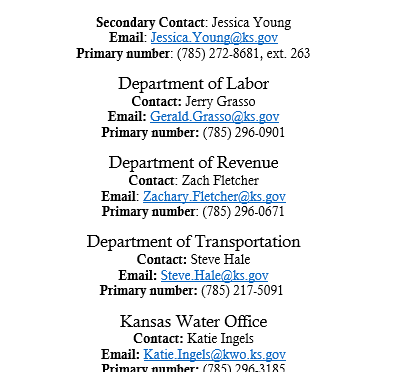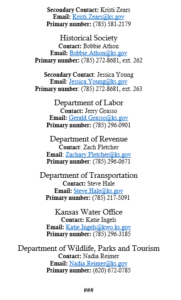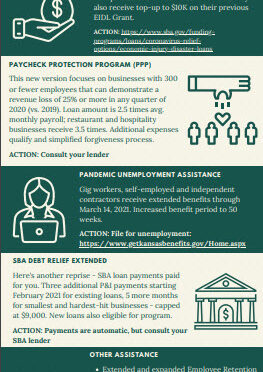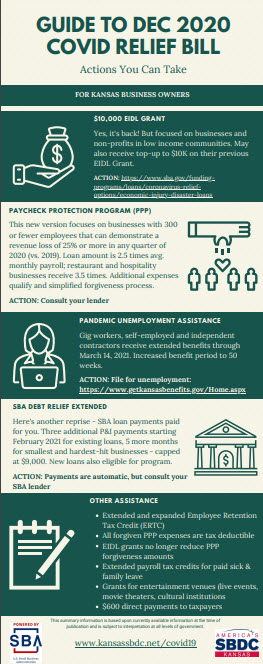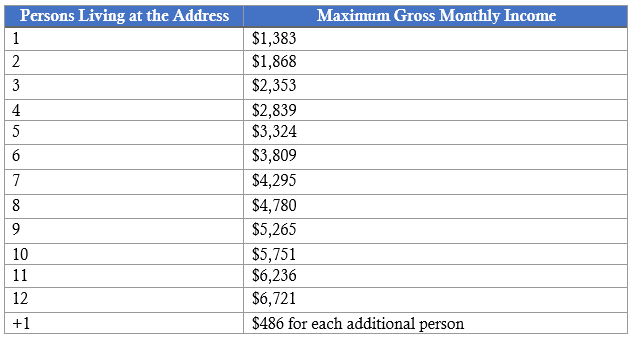Governor Laura Kelly and the Kansas Department of Health and Environment (KDHE) are urging Kansans to protect their families by testing their homes for an odorless, invisible gas. Governor Kelly signed a proclamation in December proclaiming January as Kansas Radon Action Month. The Governor encouraged testing of homes, schools and work sites for radon to minimize long-term health risks.
“Radon is the second-leading cause of lung cancer in the U.S., and the first in people who have never smoked,” Dr. Lee Norman, Secretary of KDHE said. “The good news is that prolonged exposure to high concentrations of radon can be prevented.”
Radon is a naturally occurring radioactive gas that can emanate from soil and become a health hazard when concentrated inside a home, school, business or other structure. More than 200 lung cancer deaths per year in Kansas may be linked to indoor radon. EPA estimates that indoor radon contributes to 21,000 lung cancer deaths in the U.S. each year. Exposure causes no immediate symptoms, and often goes unrecognized until serious health complications arise.
More than one in four homes across Kansas has high radon. Inexpensive radon test kits, available at local hardware and builder’s supply stores and at your Kansas county extension office, can reveal the amount of radon in any building. Those with high levels can usually be fixed with simple and affordable venting techniques. Homeowners should talk with a certified radon contractor if high levels are detected.
A list of certified radon contractors is available by calling the Kansas Radon Hotline at 800-693-KDHE (800-693-5343). Additional information about radon can be obtained at www.kansasradonprogram.org and at www.epa.gov/radon.

